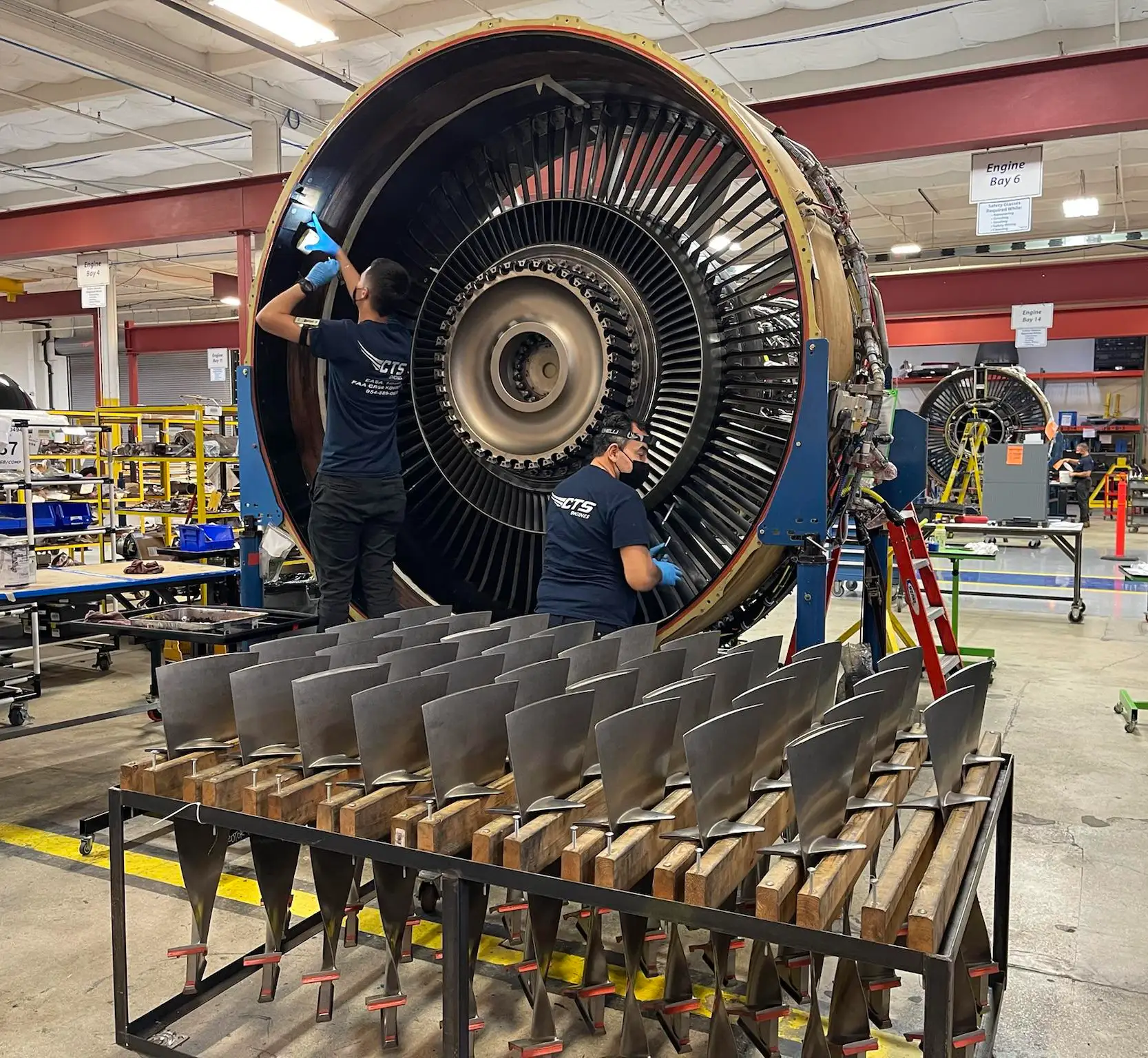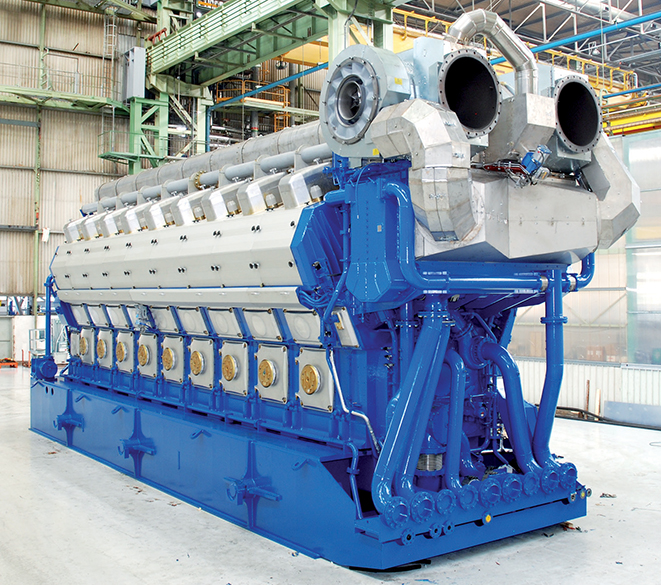Engines For Africa: Top Option for Automotive Lovers
Engines For Africa: Top Option for Automotive Lovers
Blog Article
A Full Guide to Choosing the Right Engine for Your Task
Choosing the ideal engine for your job is a critical choice that can substantially influence its general success. It is vital to diligently specify your task needs, review performance requirements, and take into consideration user-friendliness together with other vital variables. Additionally, comprehending the area assistance readily available and scrutinizing expense ramifications can better refine your selection. Each of these components plays a pivotal role in ensuring that your chosen engine not only fulfills instant purposes yet likewise straightens with long-term goals. As we check out these considerations, you may discover that the nuances of each aspect reveal more than originally anticipated.
Specify Your Job Requirements
Defining your job needs is a crucial step in picking the proper engine for successful execution. A thorough understanding of your task's goals will certainly direct you in determining the capabilities and functions needed from an engine. Begin by outlining the scope of your project, consisting of the wanted performance, target audience, and the specific results you aim to achieve.
Next, take into consideration the technical demands that align with your project objectives. This consists of assessing the compatibility of the engine with existing systems, along with the programs languages and structures that will be used. In addition, evaluate the degree of scalability called for to fit future development or adjustments popular.
Spending plan restrictions additionally play a vital function in specifying your task needs. Establish a clear financial structure to lead your decision-making process, making certain that the engine selected fits within your budget plan while offering the essential functionality.
Evaluate Efficiency Needs

Next, think about the scalability of the engine. Analyze whether it can handle raised work as your task expands. Engines that sustain horizontal scaling are commonly preferable for bigger applications. Additionally, assess the engine's performance under different conditions, such as peak usage situations, to ensure it satisfies your dependability requirements.
Think About Simplicity of Use
While technical requirements are important, the simplicity of use of an engine can dramatically influence the growth procedure and overall project success. An intuitive user interface, clear documents, and streamlined workflows can considerably decrease the learning contour for developers, enabling them to concentrate on imagination and problem-solving as opposed to facing facility tools.
When examining an engine's convenience of usage, think about the onboarding experience. A well-structured introduction, complete with tutorials and sample jobs, can help with a smoother transition for new users. In addition, the clarity and comprehensiveness of the engine's documents play a critical duty; extensive overviews and API references can equip developers to repair and execute features effectively.
An engine that allows for easy alterations can be more easy to use, as designers can tailor it to fit their details requirements without comprehensive trouble. Inevitably, picking an engine that focuses on ease of use can lead to a more effective and pleasurable development experience.
Assess Community and Support
The strength of an engine's community and assistance network can considerably influence a programmer's experience and Extra resources success. When assessing an engine, consider the size and task level of its community.
Moreover, review the schedule of main support networks. Trusted paperwork, responsive consumer assistance, and regular updates are necessary for attending to technical issues and maintaining your task on the right track. Engines For Africa. Active communities additionally foster collaboration, providing opportunities for networking and feedback, which can be very useful, specifically for small teams or independent designers
Additionally, check out the presence of community-run occasions, such as hackathons or meetups. These gatherings can enrich your understanding of the engine while attaching you with prospective partners and seasoned users. In recap, a durable area and support group not just enhance growth yet additionally create an atmosphere for finding out and innovation, eventually boosting the chance of your project's success.
Compare Cost and Licensing Alternatives
Budget factors to consider play a vital duty in picking the right engine for your job, as the expense and licensing choices can substantially affect both short-term expenses and lasting practicality. Engines For Africa. Different engines offer varying prices frameworks, which can consist of single acquisition costs, subscription models, or revenue-sharing contracts based on your project's earnings

Accrediting alternatives also vary significantly. Some engines are open-source, supplying adaptability and community-driven assistance, while others might need exclusive licenses that limit use and distribution. Understanding the implications of each licensing design is important, as it affects possession legal rights, future scalability, and possible legal obligations.
Conclusion
Finally, picking the ideal engine for a job necessitates a comprehensive examination of specified project demands, performance demands, convenience of usage, visit site community assistance, and cost factors to consider. By methodically dealing with these critical factors, decision-makers can ensure placement with both future and current task needs. A well-informed option ultimately boosts the chance visit homepage of project success, making it possible for efficient source allowance and optimizing potential end results within the defined financial constraints.
Picking the appropriate engine for your task is an important choice that can significantly impact its general success.Defining your job requires is a critical step in choosing the proper engine for effective application. An extensive understanding of your job's purposes will guide you in determining the attributes and capabilities called for from an engine.Once you have a clear understanding of your job needs, the next step is to review the efficiency demands of the engine.In verdict, selecting the suitable engine for a job necessitates a thorough assessment of specified job requirements, efficiency needs, convenience of usage, community assistance, and price factors to consider.
Report this page